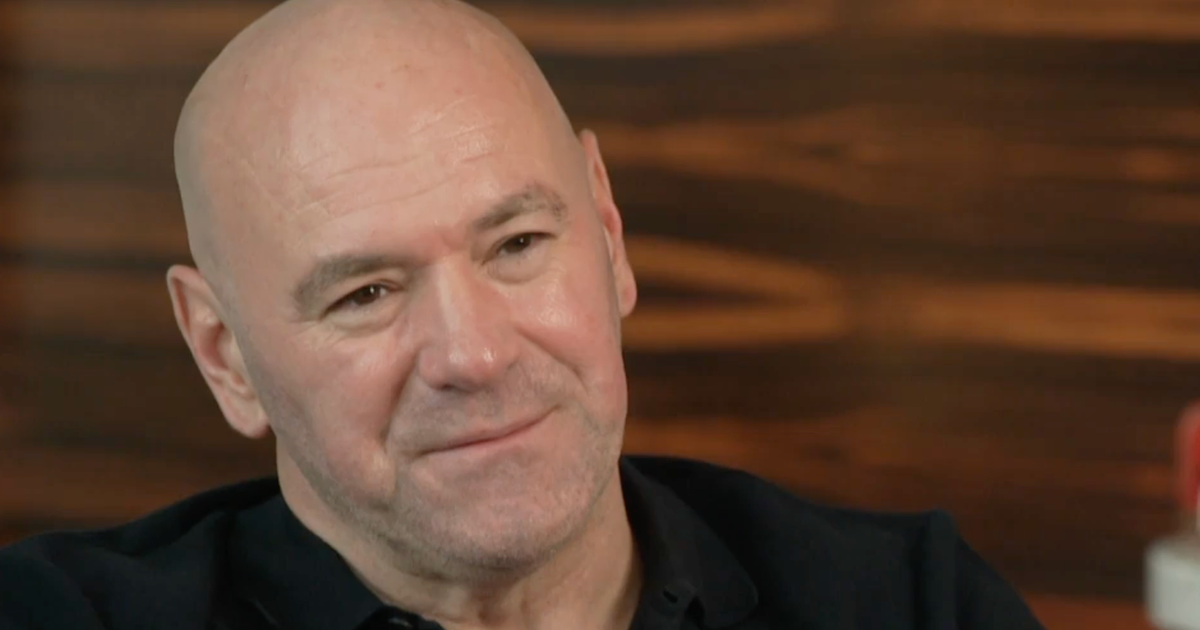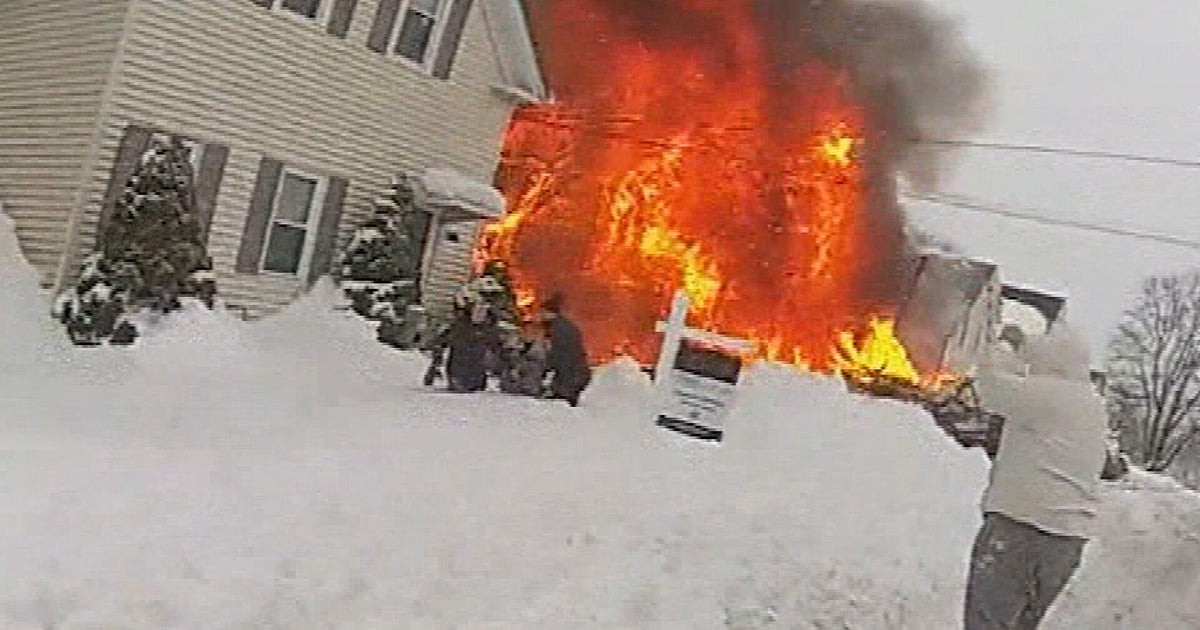Wisch: Where Have All The Cubs Fans Gone?
By Dave Wischnowsky--
Maybe they're all broke from Illinois' soaring gas prices (and soaring taxes). Perhaps they're just hoarding their pennies to purchase NBA Finals tickets (I mean, the Bulls will be there … right?). Or, it could be that they're all staging a Ryne Sandberg rebellion (either that, or a Tom Ricketts one).
But, whatever the reason, Cubs fans are AWOL right now.
And it's showing at the Wrigley Field box office.
On Saturday at HoHoKam Park in Mesa, Ariz., Major League Baseball commissioner Bud Selig said during a press briefing that his sport is stronger than ever.
"Players' salaries are up, revenues are up, the sports' popularity is at an all-time high," the commish said, bragging a bit (or a lot) about baseball as the NFL grapples with labor strife while the NBA braces for the possibility of it.
But right now on the North Side of Chicago, enthusiasm for the Cubs is running contrary to Selig's claims. Because, judging by the plethora of tickets still available at Wrigley Field more than a week after they went on sale, it appears that the Cubs are less popular this year than they have been in at least a decade – if not, longer.
For many years, Wrigley's tickets for summertime weekend games have sold out in a New York minute. But, as of Sunday night, you could still buy tickets via cubs.com for every series on the North Siders' schedule except June's three-game set vs. the Yankees.
That included tickets to the White Sox vs. Cubs games on Friday, July 1, and Sunday, July 3 (200-level singles still available). And it included all three Cardinals vs. Cubs games from Friday, Aug. 19, to Sunday, Aug. 21 (you could buy a whopping 19 bleacher seats for the Friday tilt). And it even included the Cubs' April 1 season opener against the Pirates (200-level singles still on sale).
I can't remember that ever happening.
According to the website bleedcubbieblue.com, two days after Cubs tickets went on sale late last month, the only games besides the Yankees tilts that had even sold out of bleacher tickets were April 1, May 14, and July 1, July 2 and July 3. The site also reported that it took more than a day to sell out bleachers for Opening Day (one of the Cubs' "marquee" games, which priced those tickets at a hefty $81 apiece).
In past years, according to bleedcubbieblue.com, Opening Day bleacher tickets have sold out within an hour of going on sale (I don't even think it took that long). And, in 2008 – with the Cubs coming off a division title – 23 dates sold out completely on the first day of sale, while an additional 16 sold out of bleacher tickets.
This year, however, sales are running slower than Aramis Ramirez. And don't think the Cubs haven't noticed and aren't concerned. They have to be.
Because, last September, after the Cubs had tumbled out of contention and manager Lou Piniella had called it quits, fans began staying away from Wrigley Field in droves. It appears that was more than an aberration, as the 2011 season is preparing to start the same way.
But what's your explanation for all of it?
Are the sluggish Cubs ticket sales because of high prices coupled with the crummy economy? Is it because of a lack of enthusiasm about new manager Mike Quade and the Cubs roster? Or is it because of Cubs fans' general disgust as the franchise enters the 103rd season of its championship drought?
Step up to the plate and take a few swings to let me know your thoughts.
Do you agree with Dave? Post your comments below.
If nothing else, Dave Wischnowsky is an Illinois boy. Raised in Bourbonnais, educated at the University of Illinois and bred on sports in the Land of Lincoln, he now resides on Chicago's North Side, just blocks from Wrigley Field. Formerly a reporter and blogger for the Chicago Tribune, Dave currently writes a syndicated column, The Wisch List, which you can check out via his blog at http://www.wischlist.com.







